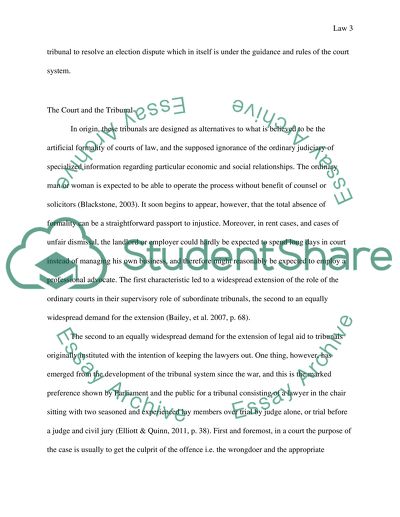Cite this document
(“Are court and tribunals in the English legal system now Essay”, n.d.)
Are court and tribunals in the English legal system now Essay. Retrieved from https://studentshare.org/law/1475955-are-court-and-tribunals-in-the-english-legal
Are court and tribunals in the English legal system now Essay. Retrieved from https://studentshare.org/law/1475955-are-court-and-tribunals-in-the-english-legal
(Are Court and Tribunals in the English Legal System Now Essay)
Are Court and Tribunals in the English Legal System Now Essay. https://studentshare.org/law/1475955-are-court-and-tribunals-in-the-english-legal.
Are Court and Tribunals in the English Legal System Now Essay. https://studentshare.org/law/1475955-are-court-and-tribunals-in-the-english-legal.
“Are Court and Tribunals in the English Legal System Now Essay”, n.d. https://studentshare.org/law/1475955-are-court-and-tribunals-in-the-english-legal.


